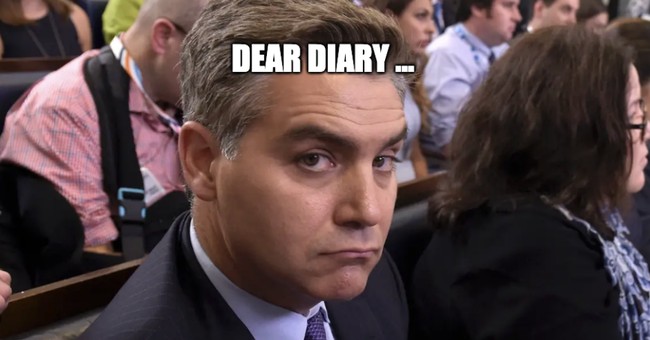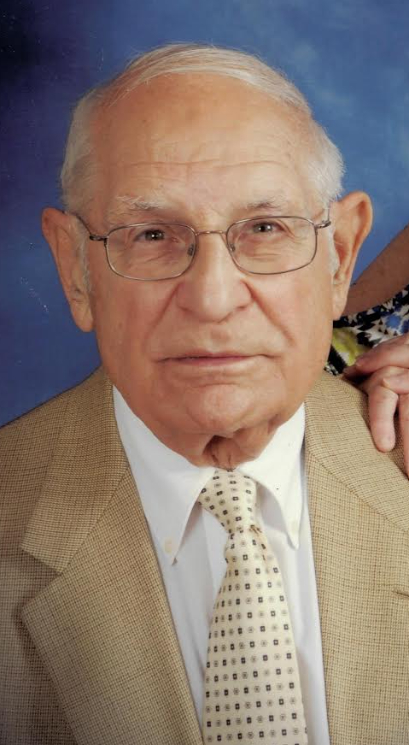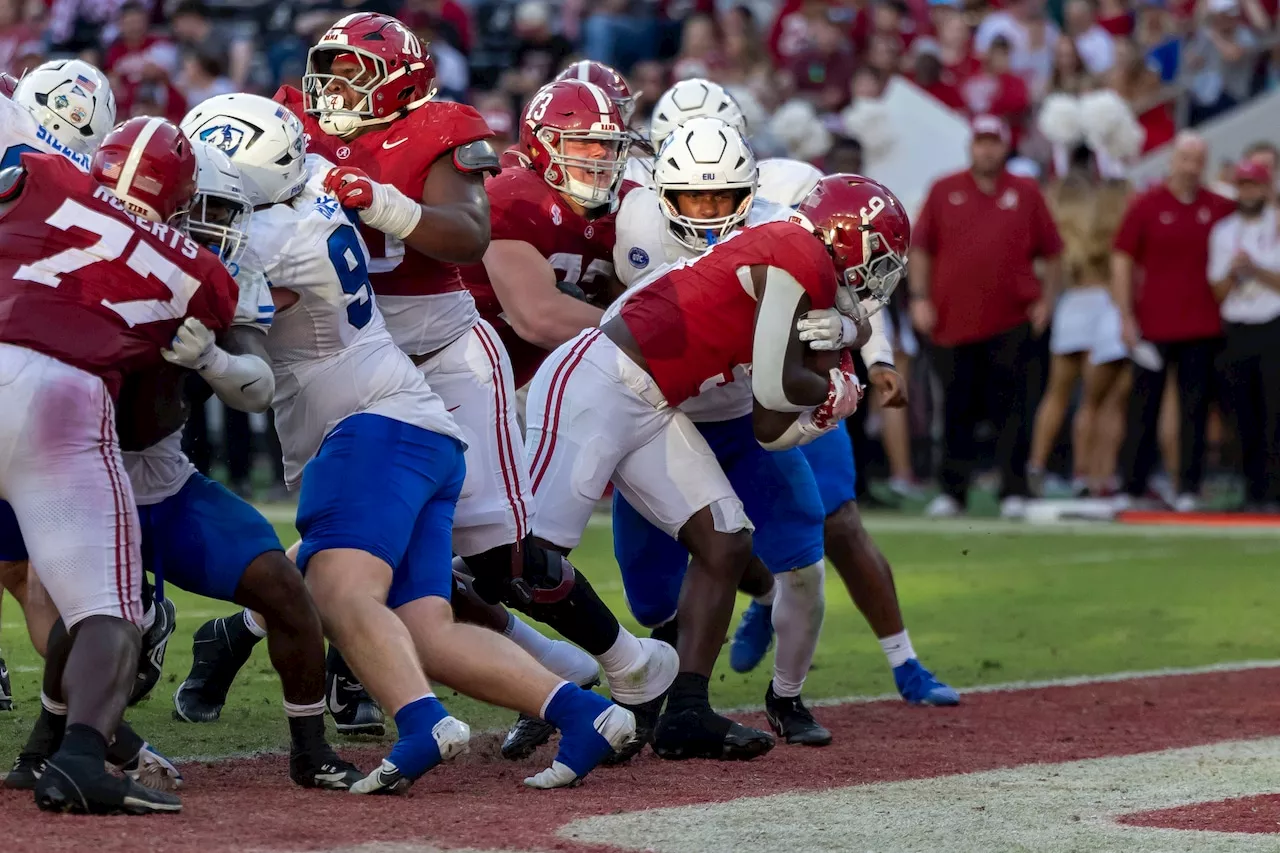
The restaurant chain Cracker Barrel has recently become a focal point of discussion, drawing attention from both sides of the political aisle due to its new logo and dining room aesthetic. Amidst this conversation, journalist Jim Acosta expressed frustration on social media, questioning why the public is more concerned with the restaurant’s brand than pressing political issues, such as alleged efforts by President Donald Trump to influence congressional seats.
In a series of tweets, Acosta criticized the media’s focus on Cracker Barrel, stating, “The president of the United States is trying to steal congressional seats, so I don’t give a f**k about the Cracker Barrel logo discussion.” His remarks aimed to highlight what he perceives as misplaced priorities among the public and the media.
The controversy surrounding Cracker Barrel appears to have unified bipartisan criticism, with both Republicans and Democrats voicing their dissatisfaction with the restaurant’s recent changes. Acosta’s comments sparked a wave of reactions online, with many users engaging in a heated debate about the restaurant’s place in political discourse.
Some responses mockingly suggested that Acosta’s reaction was overblown, with one user stating, “Take a Midol, Jimmy,” in reference to his emotional response. Others pointed out the ongoing issue of gerrymandering, with claims that Democrats have historically manipulated district boundaries to eliminate Republican seats.
Many users on social media challenged Acosta’s credibility as a journalist, suggesting that his perspectives reflect a partisan bias rather than objective reporting. One response articulated this sentiment, noting, “An actual journalist would point out the history of Democrats gerrymandering their states to eliminate Republican seats.”
The interaction highlights a broader cultural moment where political commentary often intersects with popular culture, raising questions about the role of media professionals. Acosta’s decision to block replies on his tweets further fueled speculation about his willingness to engage with dissenting opinions.
The conversation surrounding Cracker Barrel serves as a reminder of how quickly public sentiment can shift, especially in an era dominated by social media. As political discussions evolve, it is essential for commentators and journalists alike to navigate these conversations with a sense of responsibility and awareness of their influence on public discourse.
As the political landscape continues to change, the dynamics surrounding figures like Acosta and institutions like Cracker Barrel will likely remain in the spotlight. In a world where every comment can ignite vigorous debate, the intersection of food, culture, and politics is proving to be more significant than ever.






